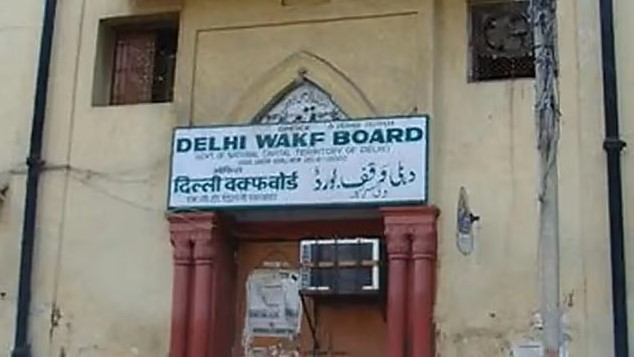21 May 2024: Recent data from the Government Land Information website has revealed that the Catholic Church of India, rather than the Waqf Board, is the second-largest landowner in the country after the government. The church’s extensive land holdings are estimated to encompass 7 crore hectares (17.29 crore acres) across India, with a total value around Rs 20,000 crore.
Government and Church Land Holdings
As of February 2021, the Indian government owned approximately 15,531 square kilometers of land, utilized by various public sector companies and ministries. In contrast, the Catholic Church’s vast portfolio includes a diverse array of properties, such as churches, schools, and colleges.
Historical Context and Controversies
The church’s significant land ownership dates back to the pre-independence era, receiving substantial land grants from the British government under the Indian Church Act of 1927. However, these acquisitions have been controversial, with allegations of forceful acquisition frequently surfacing.
Administration and Utilization
Under the leadership of Pope Francis, the Catholic Church manages its extensive land assets through the Catholic Bishops’ Conference of India (CBCI). These lands are spread throughout the country, from Goa to the northeastern states, and are utilized for numerous educational and healthcare institutions.
Educational and Healthcare Contributions
The Catholic Church’s contributions to education and healthcare in India are substantial. As of 2012, the church administered 2,457 hospital dispensaries, 240 medical or nursing colleges, 28 general colleges, 5 engineering colleges, 3,765 secondary schools, 7,319 primary schools, and 3,187 nursery schools.
Ongoing Disputes
Despite governmental directives issued in 1965 regarding the recognition of land grants from the British era, disputes over the legitimacy of these holdings persist due to non-compliance and ongoing controversies.
The revelation of the Catholic Church’s extensive land ownership underscores its significant presence and influence in India, marking it as a pivotal institution not only in spiritual matters but also in education and healthcare. Additionally, it is crucial that the Waqf Board and the land designated for it are properly managed and utilized by the government. This would ensure the development of Muslim communities through enhanced educational, healthcare, and empowerment initiatives.




